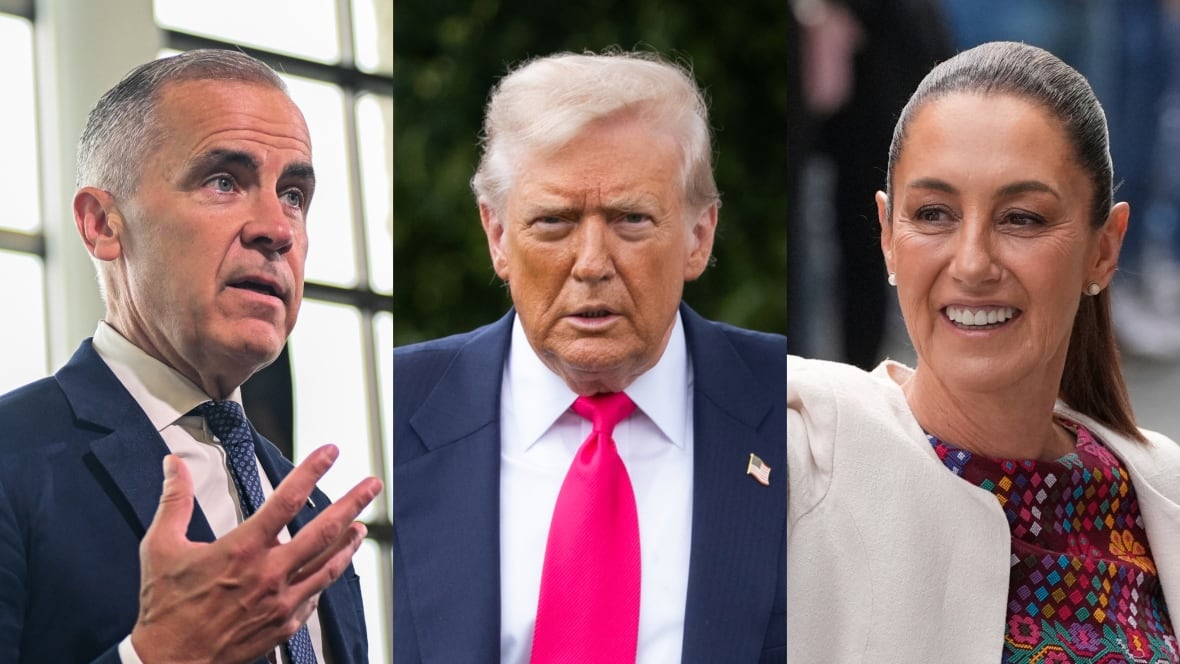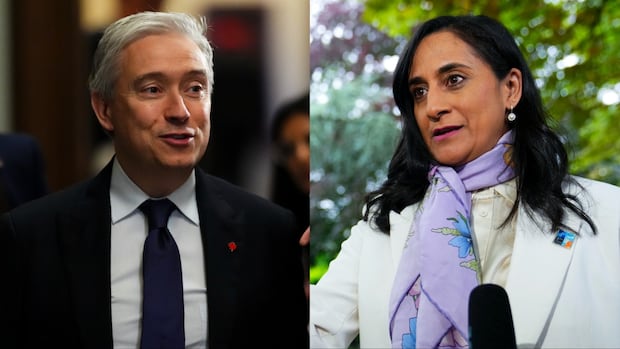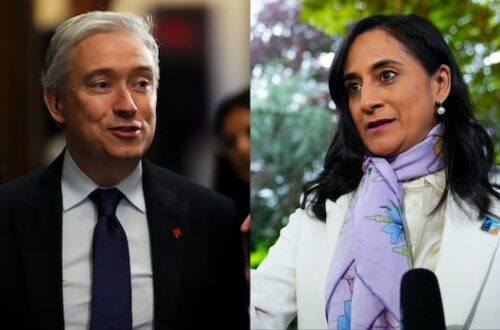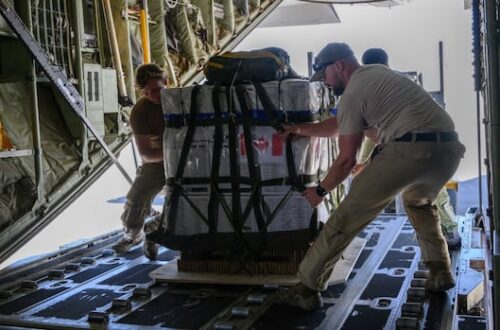Finance Minister François-Philippe Champagne says he and Foreign Affairs Minister Anita Anand will be travelling to Mexico City to look at strengthening Canada’s economic partnership with Mexico.
“The meetings will be constructive in that respect — looking at markets, looking at diversification, looking at strengthening our partnership with our Mexican colleagues,” Champagne told Radio-Canada in Trois-Rivières, Que., on Monday afternoon.
The news was first reported Sunday evening by the Globe and Mail.
Two senior Canadian government sources told CBC News the meetings are happening tomorrow and Wednesday. The ministers are expected to return to Canada on Thursday.
The sources say the goal of the visit is to advance Canada’s bilateral relationship with Mexico and strengthen trade ties. Champagne and Anand are expected to meet with Mexican President Claudia Sheinbaum on Tuesday morning.
Champagne said the visit “is all complementary to what we’ve been saying — that we need to engage with strategic partners around the world. And if you look at the [U.S.-Mexico-Canada Agreement] as a trading bloc, that’s the second-largest trading bloc in the world.”
“So it is important for us to engage with our Mexican friends,” the finance minister added.
One source told CBC that the trip “is all about relationship building” and the two ministers’ expected meeting with Sheinbaum will lay the groundwork for a future bilateral meeting between the Mexican president and Prime Minister Mark Carney.
Carney and Sheinbaum have spoken at least four times since the prime minister came into office.
In June, the two met at the G7 Leaders’ Summit in Alberta. A press release posted on Carney’s website said he and Sheinbaum agreed to “deepen bilateral collaboration at the ministerial level” and they “looked forward to meeting again in Mexico in the coming months.”
Trump extends tariff deal with Mexico
The Canadians’ visit comes days after U.S. President Donald Trump announced he had agreed with Sheinbaum to extend an existing trade deal with Mexico for 90 days and continue talks over the period with a goal of signing a new deal.
“Mexico will continue to pay a 25% Fentanyl Tariff, 25% Tariff on Cars, and 50% Tariff on Steel, Aluminum and Copper,” Trump said in a Truth Social post. “Additionally, Mexico has agreed to immediately terminate its Non Tariff Trade Barriers, of which there were many.”

Canada did not get an extension. Trump signed an executive order raising tariffs on Canadian goods that are not compliant with USMCA to 35 per cent.
The carve-out for USMCA-compliant goods means very few Canadian products will actually be subjected to the elevated tariff.
The U.S. president criticized Canada’s “lack of co-operation” in curbing the flow of fentanyl southward and for retaliating against his existing tariffs.
On Sunday, Canada-U.S. Trade Minister Dominic LeBlanc said he expects Carney and Trump will have a conversation with each other “over the next couple of days.”
LeBlanc left Washington earlier this week without a trade deal, but he told host Margaret Brennan, host of CBS’s Face The Nation, that he came out of discussions “with a better understanding of the American concerns in the trading relationship.
“So we’re prepared to stick around and do the work needed,” LeBlanc added.





